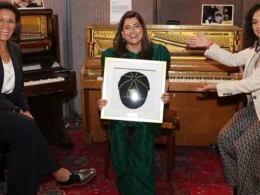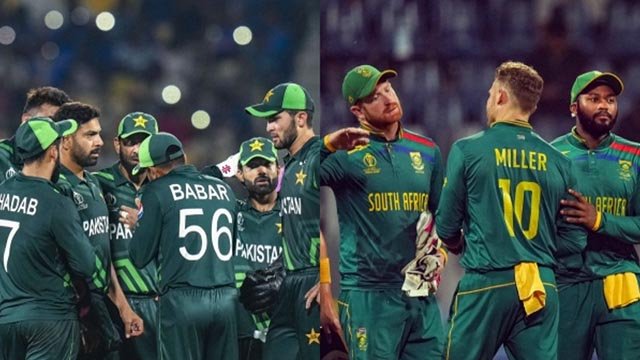The Asia Cup final had concluded with a thrilling Indian victory over Pakistan. However, the celebratory atmosphere quickly soured as India’s captain, Suryakumar Yadav, made a controversial decision that sent shockwaves through the cricketing world.
Instead of accepting the winners’ trophy from ACC President Mohsin Naqvi, a prominent Pakistani official, Yadav reportedly directed his team to decline the awards, signaling a political protest amidst the sporting triumph.
The incident, which saw a delayed presentation and an abrupt end to the ceremony, was fueled by reports that the Board of Control for Cricket in India (BCCI) had instructed the Indian players not to accept the trophy from Naqvi, also the chairman of the Pakistan Cricket Board (PCB).
This move came amidst already heightened tensions between the two cricketing rivals, who had also refused to shake hands during the toss and after previous matches in the tournament.
READ: Ravi Shastri slams Indian team over trophy controversy
The ICC is reportedly expected to launch an investigation, given that such conduct could be interpreted as a breach of the spirit of cricket and could potentially violate the Anti-Discrimination Code, especially if the refusal was based on nationality or political considerations.
If found guilty of a Level 1 offense under the ICC Code of Conduct, Suryakumar Yadav could face a fine of up to 50 percent of his match fee, along with potential demerit points that could lead to suspensions for future games.
The incident sparked a heated debate online and among cricket fans about the appropriateness of politicizing the sport and the role of the ICC in maintaining order and integrity in international competitions.
It was clear that the Asia Cup final would be remembered not just for the exciting match, but also for the controversial trophy snub that left many wondering about the future of sporting rivalry between India and Pakistan.












